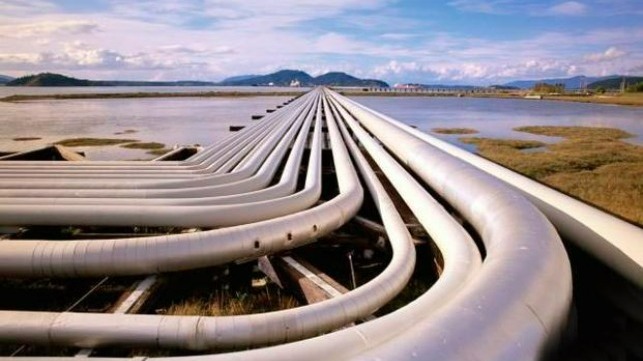
As China seeks to increase its influence over Myanmar including its ports and key infrastructure projects, a new report highlights China’s Belt and Road Initiative (BRI) projects impact in developing countries while citing the extensive lists of alleged human rights abuses lined to Chinese business operations. The report comes days after Myanmar’s military junta decided to expedite China’s funded Kyaukphyu Special Economic Zone (KPSEZ) and the deep-Sea Port project.
The report launched by the Business and Human Rights Resource Centre (BHRRC) highlights what the watchdog organization says are the increase in social, environmental and human rights violations, especially “in countries with weaker governance and where Chinese investments are dominant.” Between 2013 and 2020, there were allegedly 679 human rights abuse allegations linked to Chinese business operations abroad.
The London-based group, which monitors human rights violations in more than 10,000 companies worldwide, highlighted in the report that Myanmar had the highest number of recorded allegations, leading with 97 cases. South East Asia, Africa and Latin America also featured prominently in the alleged abuses. The Chinese businesses that had high risks for human rights abuse are in construction, fossil fuel energy and mining.
“The Junta has recently invited bids to provide legal services to the KPSEZ and deep-sea port project in Myanmar’s western Rakhine State, a key strategic component of China’s Belt and Road Initiative,” reported The Economic Times, India.
This project is vital to BRI, as it will give China a direct access to the Indian Ocean, significantly enabling the China trade to bypass the congested Strait of Malacca near Singapore. The BHRRC report also notes, “Many projects in Myanmar had human rights concerns prior to the February 2021 military coup.”
In 2017, a report from the Myanmar-China Pipeline Watch Committee (MCPWC), responding to operations of China National Petroleum Corporation (CNPC), indicated that gaps remain in building clear communication and accountability mechanisms, to facilitate dialogue with the affected communities and address public concerns effectively.
CNPC operates Myanmar- China pipelines that transport crude oil and natural gas from some offshore blocks in Myanmar.
In May 2019, Adani Ports announced plans to set up a container terminal at Yangon, Myanmar investing as much as $290 million in the project as part of the overall development in Myanmar. Adani recently said it believed it could proceed with the project without being in violation of U.S. sanctions. The Chinese government has been pushing for the broader development, with an initial estimated that the projects would cost between US$9-10 billion. Myanmar raised concerns over the amount of debt it would incur leading to an agreement for the first phase of the port development cost around $1.5 billion, according to the NLD government.
SOURCE READ THE FULL ARTICLE
https://www.maritime-executive.com/article/myanmar-ports-project-highlighted-in-china-s-bri-human-rights-abuses